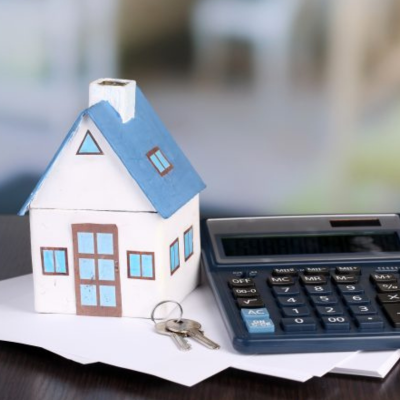A Summons Commencing Action is a legal document issued by a plaintiff (usually the banks or other financial institution) to notify a consumer that legal action is being taken against them in court. It is the first formal step in a civil lawsuit and outlines the claim or relief sought by the plaintiff.
This basically means that alarm bells should start ringing for you the consumer. This is because the bank is now on its way to repossess your asset(s). You can contact Consumer Credit Law Consultants and we will be able to assist you to defend the action proceedings.
Key Features of a Summons Commencing Action
Purpose
The purpose is to formally inform you the consumer that legal proceedings have been initiated. This requires you to respond by filing a notice of intention to defend or complying with the claim. You also have to comply with further documents such as pleading and other process. This can be a daunting task, but with the help of Consumer Credit Law Consultants we are able to assist you and guide you on how to respond to these requirements.
Types of Summons
There are different types of Summons including Simple Summons (Debt recovery) and Combined Summons (for houses and cars). These Summons are usually issued out of the High Court and need to be attended to as a matter of urgency.
Consequences of not Responding to Summons Issued Against you
If you do not respond to a summons issued against you, serious legal consequences can follow. Here’s what typically happens:
Default Judgment – If you fail to respond within the prescribed time (usually 10 business days from the date of service). The plaintiff can request the court to grant a default judgment against you. This means the court will decide the case in the bank’s favour without hearing your side. If the case involves money (e.g., unpaid debts), the court may order you to pay the claimed amount, including interest and legal costs.
If that fails the bank can obtain a writ of execution to seize your property, such as vehicles, furniture, or other valuables, to settle the debt.
Blacklisting – A judgment against you could lead to a negative credit record, affecting your ability to borrow money in the future.
If the Case Involves Property (house or car) the bank can get an Order for repossession of the property (house or car).
What You Should Do?
If you receive a summons. Read it Carefully and understand the details of the claim against you. File a Notice of Intention to Defend. Do this within the specified time frame (10 business days). Seek Legal Advice. You can contact Consumer Credit Law to guide you through the process.
Remember! Ignoring a summons is risky and can result in significant financial and legal repercussions. Acting quickly and seeking advice is essential to protect your rights.

